


Table of Contents
- Introduction
- Key Factors Affecting Land Value in Pune
- Detailed Factors to Consider About Land
- Steps to Determine Fair Value Of Land
- Conclusion
- Faq's
Introduction
Pune, often referred to as the "Oxford of the East," stands out as a vibrant city known for its rich cultural heritage and rapid economic growth. Renowned for its prestigious educational institutions, Pune attracts students and professionals from across the country and abroad, contributing to its dynamic real estate landscape.
In addition to its educational prowess, Pune has emerged as a significant IT and manufacturing hub, hosting numerous multinational corporations and industrial clusters. This economic diversity not only fuels job creation but also drives demand for residential, commercial, and industrial properties across various parts of the city.
As Pune continues to expand, particularly towards areas like Hinjewadi, Wagholi, and Kharadi, the understanding of land valuation becomes increasingly pivotal. These emerging suburbs offer a blend of affordability and modern amenities, making them attractive for both developers and homebuyers seeking investment opportunities or a comfortable living environment.
Moreover, Pune's infrastructure development plays a crucial role in shaping land values. Projects such as metro expansions, new expressways, and improved connectivity to Mumbai and other major cities further enhance Pune's appeal as a strategic real estate destination.
Navigating Pune's real estate market requires a nuanced understanding of factors such as location-specific demand, regulatory frameworks, and market trends. Whether considering residential plots in well-established areas like Koregaon Park or evaluating commercial prospects in bustling business districts, prospective investors and buyers benefit from comprehensive research and expert guidance to ensure informed decision-making.
Key Factors Affecting Land Value in Pune
Location:
Prime Areas:
The value of land varies significantly based on location. Areas like Koregaon Park, Kalyani Nagar, and Viman Nagar are among the most expensive due to their developed infrastructure and proximity to business centers.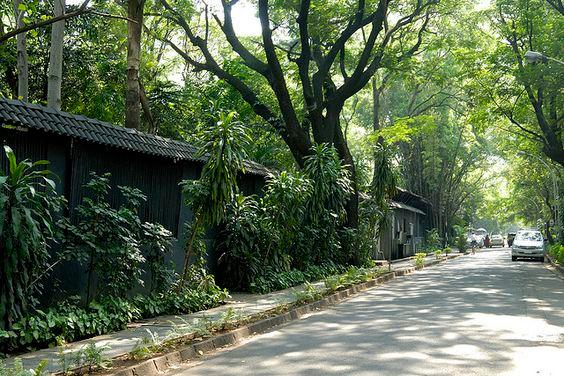 Prime Areas: Pinterest
Prime Areas: Pinterest
Upcoming Areas:
Hinjewadi, Wagholi, and Kharadi are witnessing rapid development and are relatively more affordable but appreciating quickly.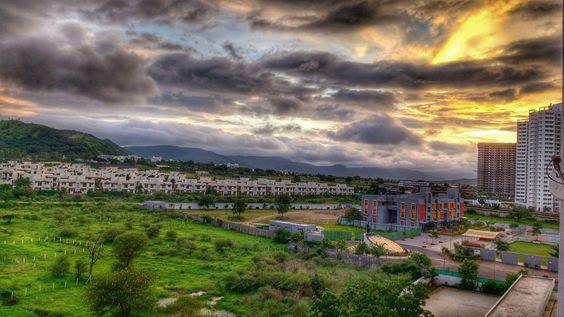 Upcoming areas: pinterest
Upcoming areas: pinterest
Peripheral Areas:
Locations like Chakan, Talegaon, and Pirangut are primarily industrial and have lower land prices compared to urban areas.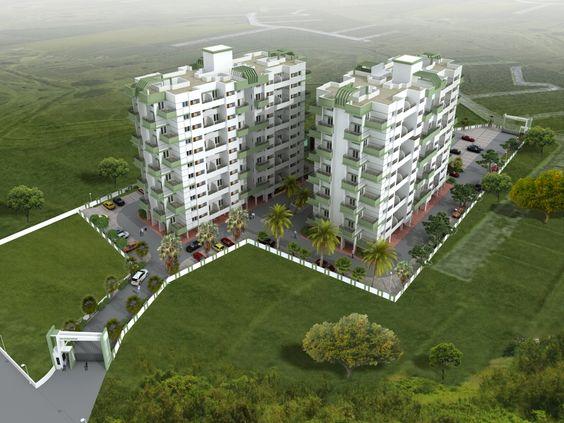 Peripheral Areas: pinterest
Peripheral Areas: pinterest
Type of Land:
Residential:
Land meant for residential purposes typically commands a higher price, especially in well-developed and sought-after localities.
Commercial:
Land for commercial use, such as retail or office spaces, is priced based on its potential for generating income.
Industrial:
Industrial land prices are influenced by proximity to industrial hubs and ease of transportation.
Agricultural:
Agricultural land prices are usually lower but can vary based on location and future development potential.
Detailed Factors to Consider About Land
Infrastructure Development:
Proximity to major roads, highways, and public transport can significantly increase land value.
Economic Activity:
Areas with high economic activity, such as IT parks and industrial zones, tend to have higher land values.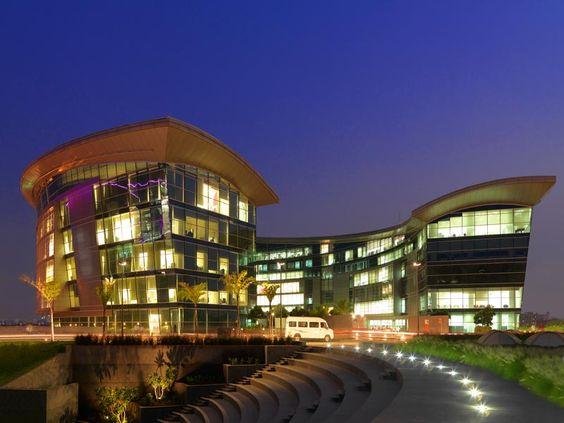 IT park: pinterest
IT park: pinterest
Government Policies:
Zoning laws, development regulations, and government initiatives for infrastructure development impact land prices.
Amenities:
Availability of amenities like schools, hospitals, shopping centers, and recreational facilities can enhance the value of land.
Future Development:
Land in areas earmarked for future development projects (e.g., metro lines, new expressways) can see significant appreciation.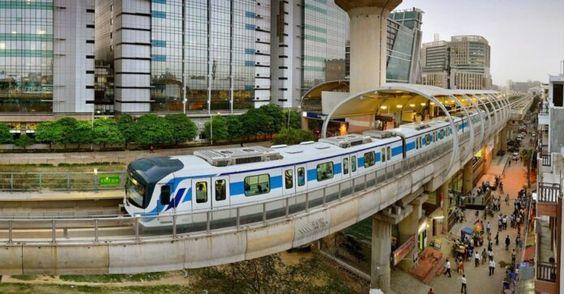 metro lines in pune: pinterest
metro lines in pune: pinterest
Steps to Determine Fair Value Of Land
Market Research:
Conduct thorough research on recent land sales in the desired area. Real estate websites, brokers, and property consultants can provide valuable insights.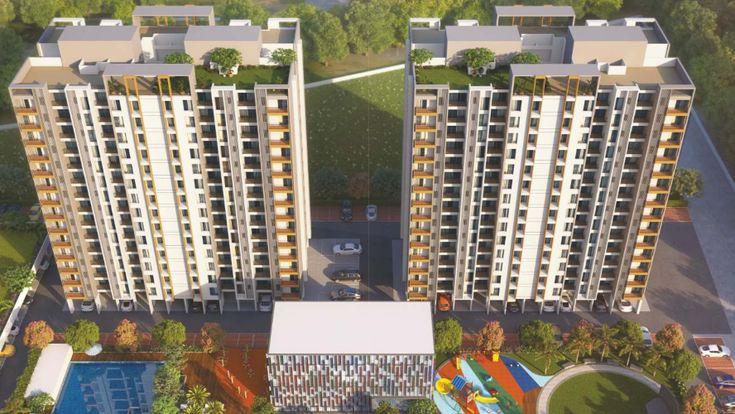 real estate pune: pinterest
real estate pune: pinterest
Professional Appraisal:
Engage a professional land appraiser to get an accurate valuation based on current market conditions.
Government Rates:
Check the government's Ready Reckoner rates (circle rates) for a baseline value. These rates are periodically updated and provide a government-assessed value of the land.
Comparative Analysis:
Compare similar properties in the vicinity to understand the prevailing market rates.
Economic Indicators:
Keep an eye on macroeconomic indicators such as inflation, interest rates, and GDP growth, which can affect real estate prices.
Conclusion
Understanding the fair value of land in Pune involves considering multiple factors including location, type of land, market trends, and future development potential. Comprehensive research and consulting with professionals can help buyers and investors make informed decisions in this dynamic real estate market.
explore further
Latest from Home Buying Tips
More from Recommendations
Resources
Dwello, for every home buyer, is a way to go from 'I feel' to 'I know', at no extra cost.


